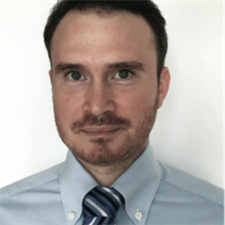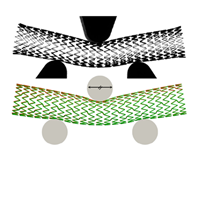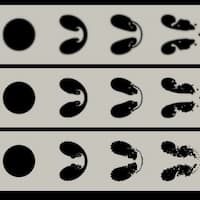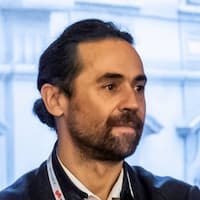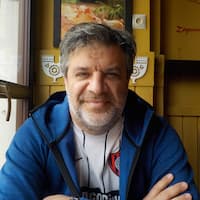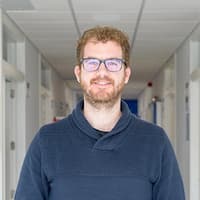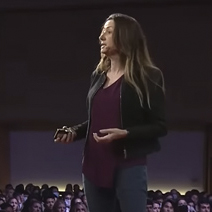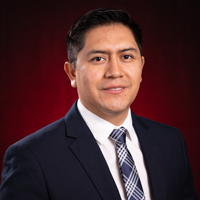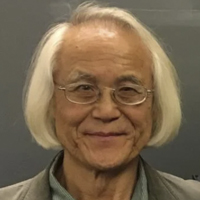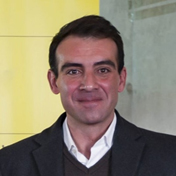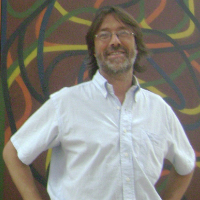events
***Video available*** Severo Ochoa Seminar - "Recent advances in unfitted finite element methods", by Santiago Badia
Tuesday, January 17th, 2023. Time: 12 noon
Hybrid - O.C. Zienkiewicz Conference Room, C1 Building, UPC Campus Nord, Barcelona - Link for online session: https://meet.google.com/qjo-sttx-dgo
ABSTRACT
In this talk, the speaker will give an overview of the last advances in unfitted finite element techniques for the numerical approximation of partial differential equations. Standard finite element methods (FEMs) require cumbersome and time-consuming body-fitted mesh generation. Conversely, unfitted FEMs provide great flexibility at the geometrical discretisation step. They can embed the domain of interest in a geometrically simple background grid (usually a uniform or an adaptive Cartesian grid), which can be generated and partitioned much more efficiently. Analogously, they can easily capture embedded interfaces. As a result, unfitted FEMs generate interest in applications with moving interfaces and varying domains.
However, naive unfitted methods lead to unstable and severe ill-conditioned discrete problems unless a specific technique mitigates the problem. Different techniques have been developed so far, which rely on perturbation (stabilisation) of the problem itself or a redefinition of finite element spaces based on aggregation meshes and discrete extension operators. In this talk, we will describe the main challenges and methods. Links between different approaches and their effectiveness will be shown.


The seminar will cover high-order extensions, space-time extensions, adaptive refinement and high-contrast interface problems. During the event, it will also discuss the unfitted workflow geometrical discretisation and integration steps. Numerical analysis results, experiments, and implementation aspects will be discussed.
SPEAKER CV
Santiago Badia is Professor of Computational Mathematics at Monash University (Melbourne, Australia). Previously, he worked at the Applied Mathematics departments at Politecnico di Milano (Italy) in 2006 and Sandia National Labs (New Mexico, USA) in 2007-08. He joined UPC in 2009, where he was appointed Professor of Computational Science in 2017. Prof Badia obtained his PhD at UPC in 2006.
He has received some prizes for his research, like the 2006 SEMNI Award to the best PhD Thesis in Computational Mechanics (Spain), from the Spanish Society of Numerical Methods in Engineering (SEMNI), and the 2006 ECCOMAS Award to the best European PhD Thesis in Computational Mechanics, from the European Community on Computational Methods in Applied Sciences (ECCOMAS), the Juan Carlos Simó Award, the 2012 Young Researcher Award in Applied Mathematics from the Spanish Association of Applied Mathematics (SEMA), an ICREA Academia Award from the Generalitat de Catalunya, the 2016 the Agustin de Betancourt Award from the Royal Academy of Engineering in Spain.
He was the recipient of a 2010 ERC Starting Grant (on the design of novel numerical methods for computational fusion) and two ERC Proof of Concept Grants. His research has contributed to the advancement and understanding of finite element methods in singularly perturbed regimes, indefinite systems, multiphysics and multiscale problems. He has made numerous contributions on stabilized finite element methods, unfitted (or embedded) finite element methods, large scale parallel domain decomposition solvers and coupling techniques. He also promotes and leads novel open-source scientific software projects, like Gridap.


